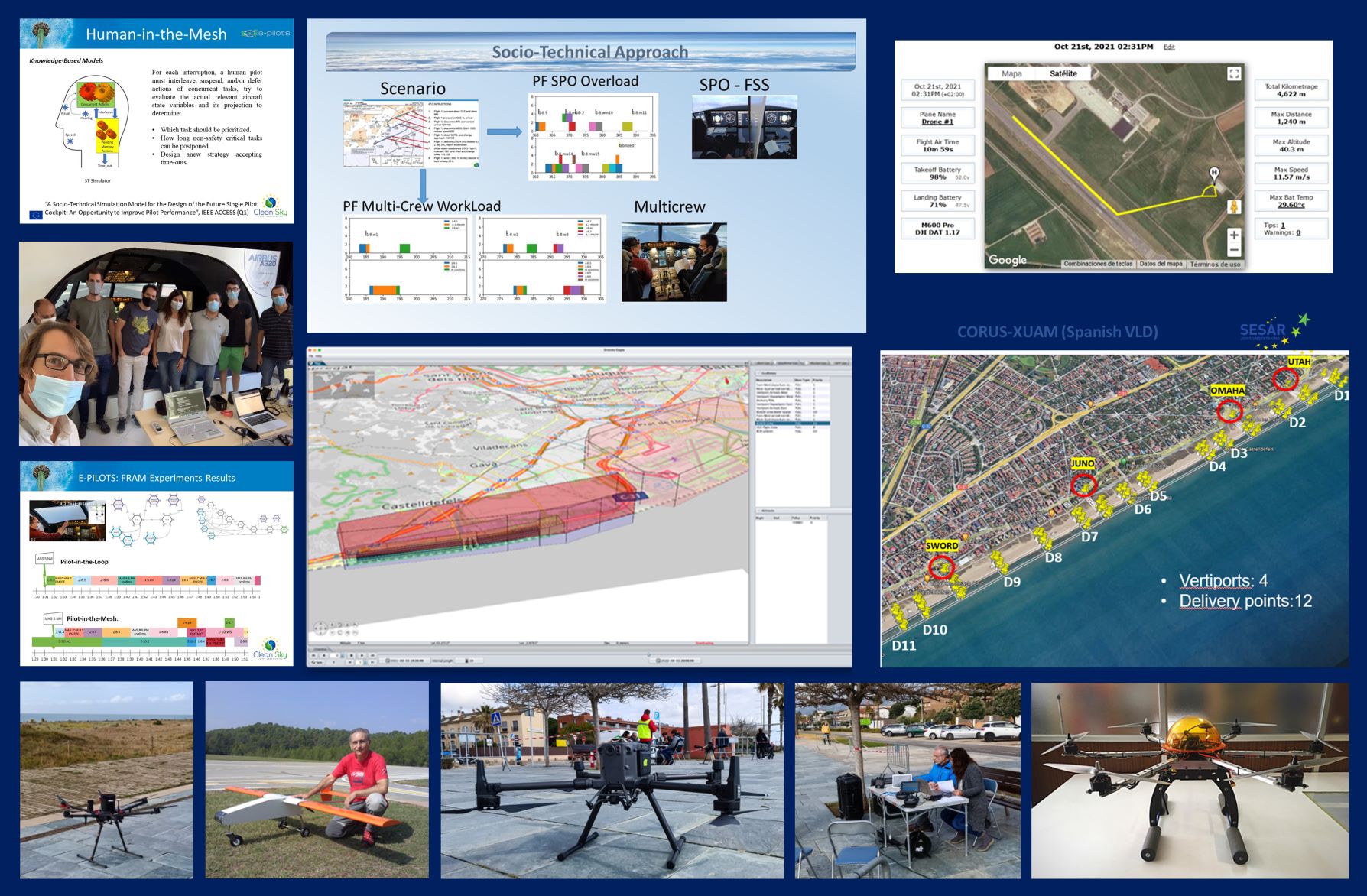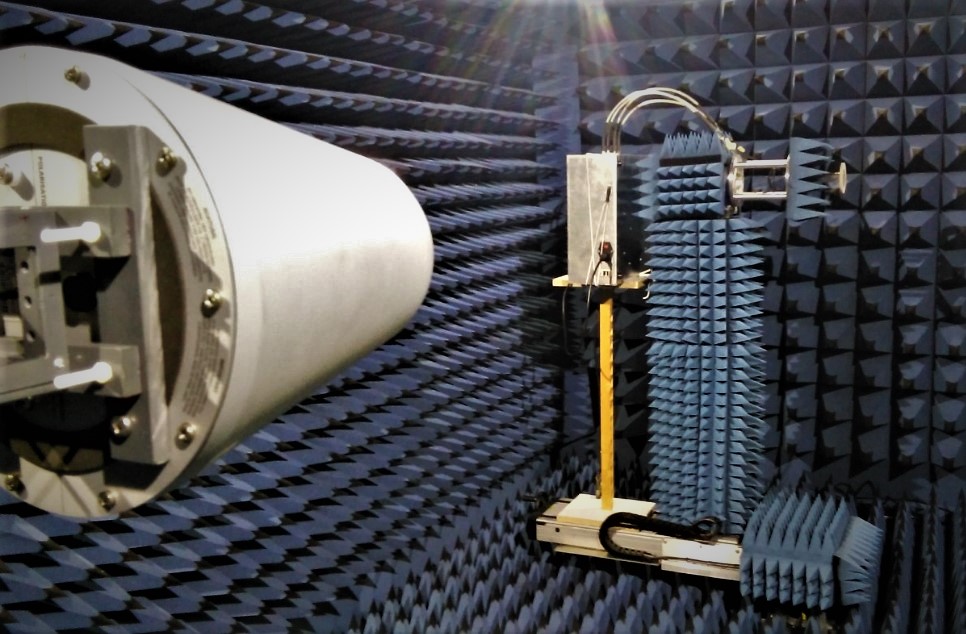Research groups

The Advanced Systems for Automation and Control group (ASAC) develops its research in Systems and Control and has extensive experience in control theory and its applications. the group focuses on the development of fundamental control theories and the implementation of new control methods to solve practical engineering problems. In theoretical aspects, the group is interested in PI/PID control, model-based predictive control, sliding mode control, multi-objective optimization and event-based control, among others. The group works in a wide range of application areas, including environmental systems, renewable energy management in smart grids, financial systems and epidemic systems among others.
The group is very active in the field of urban wastewater treatment processes, with research focused on operation and control in the circular economy paradigm.
The ASAC group is part of a Consolidated Research Group (CRG) recognized by the Generalitat de Catalunya.
Group manager: Dr. Ramon Vilanova

The Intelligent Transport Systems research group is a team with great experience in the area of Modelling, Simulation and Optimization of Transport and Logistics Systems, Specialized in applications and services based on the latest ICT technologies in the area of Air Traffic Management (ATM), Urban Air Mobility (UAM) and Unmanned Aerial Systems (UAS). During the last 10 years, the group has participated in cutting-edge projects in the aforementioned areas and has launched a specialized unmmanned aerial systems laboratory.
In the field of ATM, the main efforts focus on the use of artificial intelligence techniques for the resolution of conflicts in temporal, strategic and tactical horizons, the design of air traffic complexity indicators through graphs theory and the extension of casual models with sociotechnical dynamics. In the area of UAMs, the main challenge is the design and implementation of a set of automated and interoperable DCB (Dynamic Capacity Balance) intelligent services to safely host and certify UAS missions with a focus on two specific segments: business logistics and the repetitive inspection of large infrastructures. More recently, the research group has expanded efforts into the area of data mining and the implementation of AI Cockpit support tools.
Group manager: Dr. Miquel Àngel Piera

The Quantum Communication and Secure Information (Q-CSI) group belongs to the Department of Telecommunications and Systems Engineering of the UAB. The Q-CSI group has solid experience in the design, analysis and optimization of satellite communications with an emphasis on the physical and system level. The activities of the Q-CSI group, together with international collaborations, are currently focused on the development of secure quantum communication strategies for space.
The group belongs to the European network of experts in Satellite Communications and to a Consolidated Research Group (SGR) recognized by the Generalitat de Catalunya.
Group manager: Dra. Ángeles Vázquez-Castro

The Signal Processing for Communications and Navigation (SPCOMNAV) research group conducts fundamental and applied research in statistical signal processing with an emphasis on estimation and detection theory, addressing real-life applications in intersection of signal processing and wireless communications.
The group's research activities focus on new generation Global Navigation Satellite Systems (GNSS). In this context, SPCOMNAV is a world-renowned research group in signal processing. The group also focuses on positioning techniques for 5G, beyond 5G and 6G cellular networks, exploiting its key features such as the use of massive input massive output (MIMO) systems, the use of millimeter-wave signals for precise single-node positioning and exploiting reconfigurable intelligent surfaces (RIS) to overcome line-of-sight signal blockages. SPCOMNAV researchers were among the first involved in analyzing the positioning performance of 4G signals more than a decade ago. His work inspired many researchers and has sparked interest in the use of 5G signals for positioning, coinciding with the fact that positioning was recognized by the 3GPP as one of the basic features to consider in design of the 5G system.
SPCOMNAV started its activities in 2006, receiving the recognition of Consolidated Research Group (CRG) by the Catalan Administration.
Group manager: Dr. Gonzalo Seco
Group website: http://spcomnav.uab.es

Our modern lives are wrapped around the electromagnetic spectrum. We can't see or hear it, but without it we wouldn't have cellular or wireless communications.
The performance limitation of any wireless network will always be at the physical layer, because the amount of information that can be transferred between two locations is limited by spectrum availability, the laws of electromagnetic propagation, and the principles of theory of the information.
The philosophy that underlines all the activities of the research group is the optimization of the use of the spectrum through the ideation of new devices for wireless systems that are born from functional materials that present structural characteristics and significant properties that bring out the best of these technologies through custom design methods.
WavesLab is a Consolidated Research Group (SGR) recognized by the Generalitat de Catalunya.
Group manager: Dr. Pedro de Paco

The Wireless Information Networking (WIN) group belongs to the Department of Telecommunications and Systems Engineering of the UAB and is made up of a multidisciplinary team (computer and telecommunications engineers). The WIN group has solid experience in the application of statistical signal and data processing algorithms in wireless sensor networks and speech processing. The group's activities now focus on the development of machine learning solutions to extract value from wireless data considering two industrial verticals: eHealth and Industry 4.0/5.0.
The WIN group is part of a Consolidated Research Group (CGR) recognized by the Generalitat de Catalunya.
Group manager: Dr. Antoni Morell